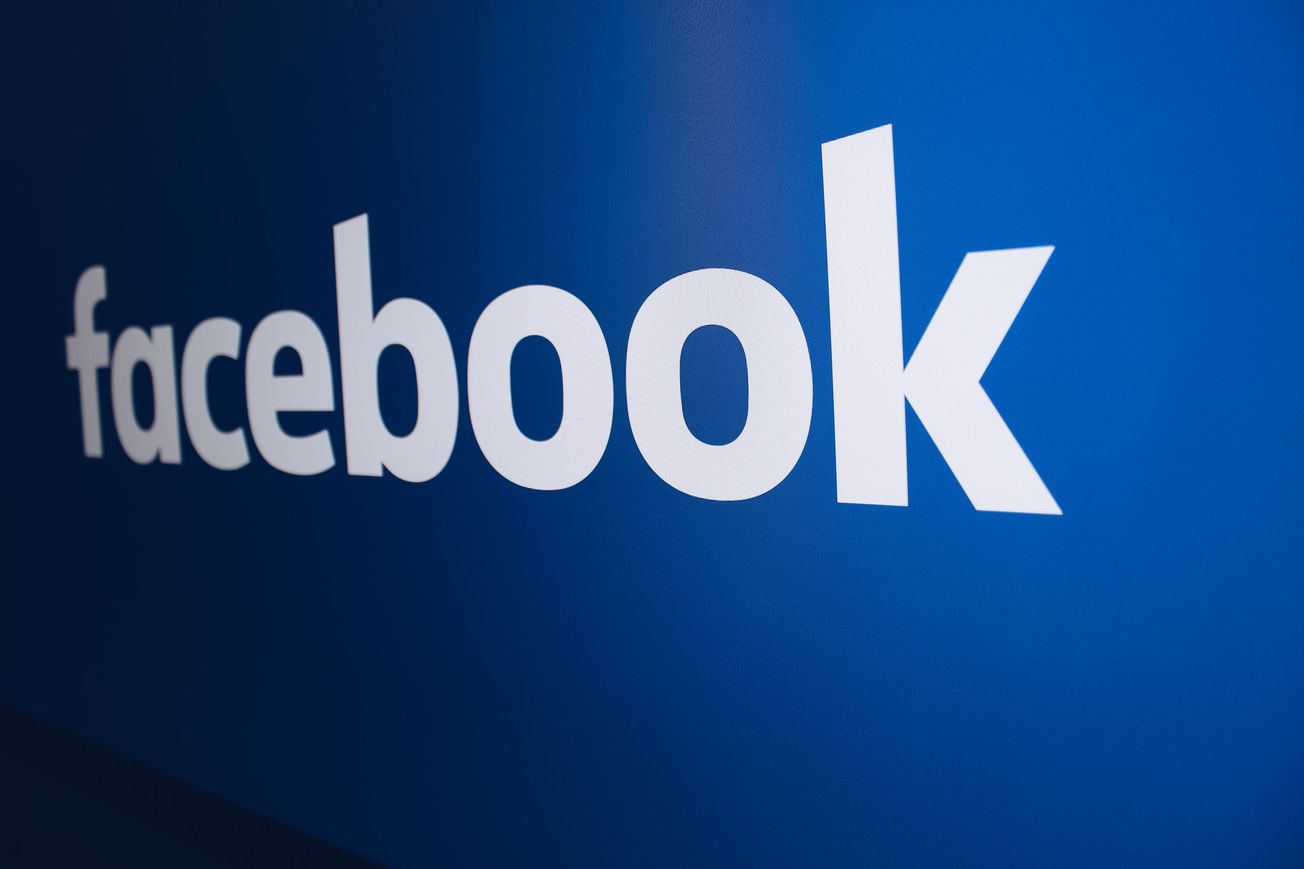Mozilla, the non-profit behind the Firefox browser, has claimed that tech giants like Google, Microsoft, and Apple engage in "self preferencing" by encouraging users to download and use only their own browsers.
According to Mozilla, limited or frustrated consumer choice, decreased quality, decreased innovation, decreased privacy, and unfair contracts are all ways in which this type of self-preferring behavior can hurt consumers.
UK's competition watchdog has published a final report highlighting "substantial concerns" about the market dominance of Google and Apple, and the report arrives at a time when "self preferencing" remains a hot topic in the tech regulation space.
The major tech companies are accused of multiple forms of misconduct in Mozilla's report.
Some companies even go so far as to include their browsers in the OS itself, making it the default app on the home screen or dock, effectively stifling any competition and making it more difficult for users to find new apps on their own.
The majority of people will be satisfied with this situation and will not look for or actively seek out alternate options, the report said.
Mozilla also criticized major technology companies for limiting the use of third-party apps, pointing to Apple's inability to change the default browser on iOS devices from Safari until 2020 as an example.
Next, the article emphasized how you can't uninstall Safari on iOS.
The report also claimed that major technology companies were stifling the growth of alternative app markets, which it called "even more egregious than prohibiting rival software adoption."
As Mozilla put it, "consumers have faced increasingly aggressive practices, some of which have been aimed at reversing their decisions to use non-Microsoft software, for example, overriding default browser choice and reverting to Edge." This, they claim, has been happening on Windows computers for quite some time.
In the words of a Mozilla representative, "consumers should have control over their online experiences and be able to choose which software they wish to use," including software that differs from what the operating system provider provides. "Users shouldn't have to put up with operating systems that bug them, make them crazy, and revert their settings to favor the system's own apps," the article reads.
Wars between browsers are nothing new; in the late 1990s, Microsoft's Internet Explorer famously drove Netscape's Navigator out of business.
One large tech company that has responded to allegations that it is abusing its market dominance and the threat of anti-monopoly legislation is Google.
Google's president of global affairs, Kent Walker, wrote on the company's official blog that proposed antitrust regulations "would impose one set of rules on American companies while giving a pass to foreign companies" and "would give the Federal Trade Commission and other government agencies unprecedented power over the design of consumer products."
In Walker's words, "all of this would be a dramatic reversal of the approach that has made the U.S. a global technology leader, and risks ceding America's technology leadership and threatening our national security," which has been warned about by experts from both parties.









